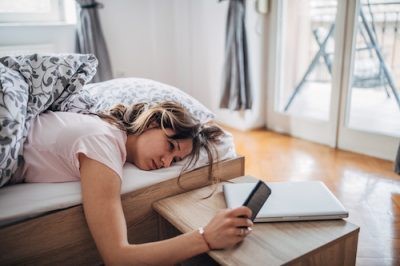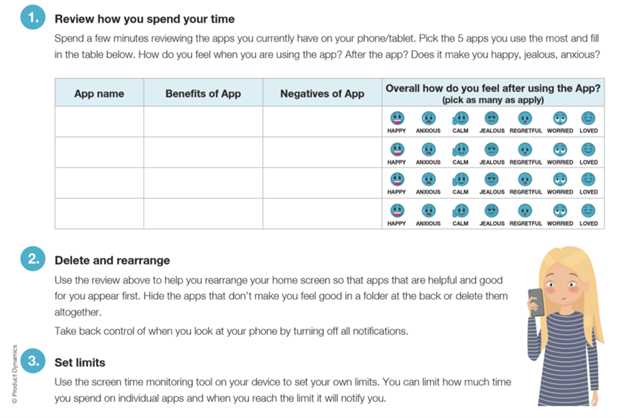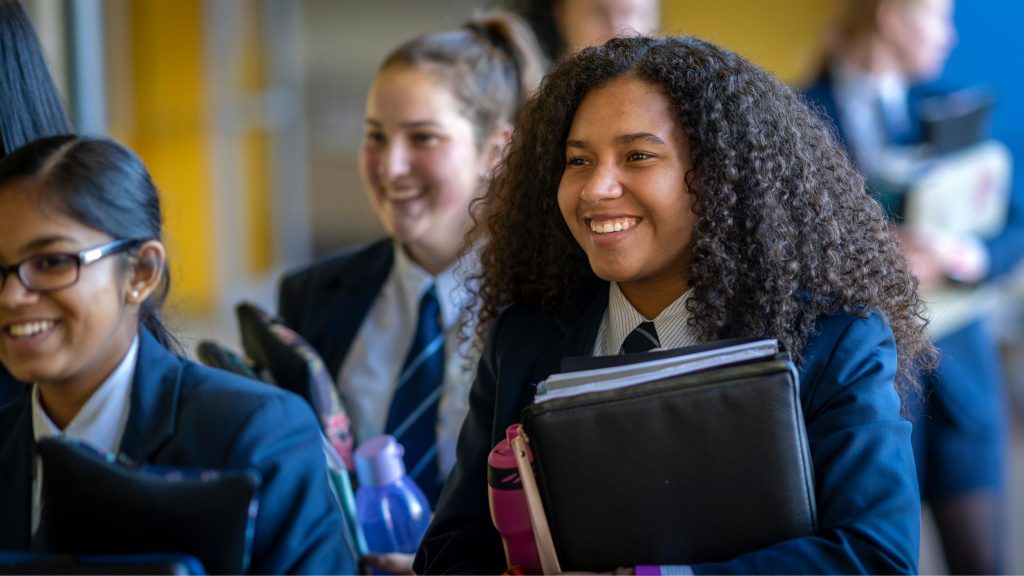

Uniform
Lately, there have been a number of reminders regarding our Uniform Policy as it has not been upheld by all students. In particular, earrings and nose piercings.
I would like to take this opportunity to make it clear that this policy will be held in high regard and from this point, warnings will cease, and action will be taken for those students who are not wearing the correct piercing combinations and have had multiple reminders of the policy. Support in this area would be appreciated by all and I look forward to working with students on these matters.
PARENT/GUARDIAN REMINDER: Student Contact Home Procedure
Recently, we had some cases where students have contacted parents or guardians directly from their phones at school. When this occurs, we as a school do not have an opportunity to follow our processes in dealing with the matter at hand. It is essential that students follow the correct channels when reporting issues and that parents and guardians support us by referring their son/daughter through the correct procedure. If for some reason a parent or guardian is contacted, please ring the College, and we can help to address the matter in the appropriate way. As per our policy, students are not to be on their phones in classes and contact should be made through the office or teacher/leadership member following up a particular matter. It may look like this: Student issue – report directly to teacher of class – if not available, report to Year Level Coordinator- if not available, seek the office or a member of leadership. At no point in time should a student contact home, as this can hinder our processes as a College and then we are unclear of what is happening. If there has been an incident, or a student is sick, and parents arrive at the College, this can be the first we have heard of the matter. We appreciate your continued support regarding this matter.
Year 7 Camp
Last week, I attended Year 7 Camp at Riverbend in Smithton. It was a delight to see staff and students alike enjoying their time together building relationships and getting to know one another through the numerous opportunities at camp. It was lovely to share meals, shoot hoops and participate in many activities with students, and get to know more about them as they begin their time here at Marist. In particular, I enjoyed spotlight on the Thursday night, and I could tell many other staff and students did also. Time spent at camp is particularly important for all involved and the planning to organise cannot go unnoticed. I would like to personally thank Mrs Helen Cox for her time and commitment to make the camp fun and enjoyable for all. A special thanks must go to all the other staff who gave up time with family and from their own beds to make the camp possible for our Year 7 students.
GEM-Article of the week
Managing device use is essential these days. Please find below some different ways we can manage our device use and set limits for not only the young people in our lives, but ourselves.
Devices and our mental health – how can we manage this?
There’s no denying the role of devices, whether that be our smartphones, tablets or computers, in so many of our day-to-day lives. While our devices can provide us huge benefits, using them excessively can disconnect us from others and have a negative effect on our wellbeing. Like so many things which can impact our health, whether that be our physical or mental health, often a great way to manage it is through educating ourselves on their effects (both positive and negative), and putting plans in place which make sense for us.
To help us create individual plans around our own device use, we’ve popped down some background information on their potential effects, and tips on how to balance device time in our lives.
- Understand the effects: Excessive use of devices can lead to feelings of anxiety, depression, and loneliness. It can also disrupt sleep, cause eye strain, and contribute to other physical health issues.
- Identify triggers: We’ve all been there – endlessly scrolling on our phones. When we identify our triggers, we simply want to take note of when and why we’re finding ourselves using our device excessively. Are we bored, anxious, or procrastinating? Understanding our triggers can help us manage our device use more effectively.
- Set limits: Set specific limits on the amount of time you spend on your devices each day. You can use apps to monitor your usage and set reminders to take breaks.
- Find alternative activities: Most of us, at some stage, have experienced a relatively device-free life, so we’re not strangers to device-free activities. Try looking into other activities you enjoy doing instead of being on your device. This can be anything from reading a book, going for a walk, spending time with friends and family…(the list is endless)!
- Create boundaries: Create boundaries between your device use and other aspects of your life. This can include not using your device during meals, in the bedroom, or during social interactions.
With all this being said, we wanted to reiterate that devices and technology can be hugely beneficial and convenient in many aspects of our lives. What’s crucial is the way we use them and aiming to use them in a balanced way. Setting parameters for when and how we use our devices and understanding the potential effects of devices on our mental health, is incredibly helpful for our overall wellbeing.
And remember, like any new routines we’re trying to learn (or routines we’re trying to un-learn), it takes patience and practise for it to become a habit. Be kind to yourself while you’re adjusting to your new routine. Also, if you’re looking for additional help to help you review your device usage and set your own parameters, check out the activity tipsheet below.

Mr Sam Johnstone
Deputy Principal: Pastoral Care and Well-being


